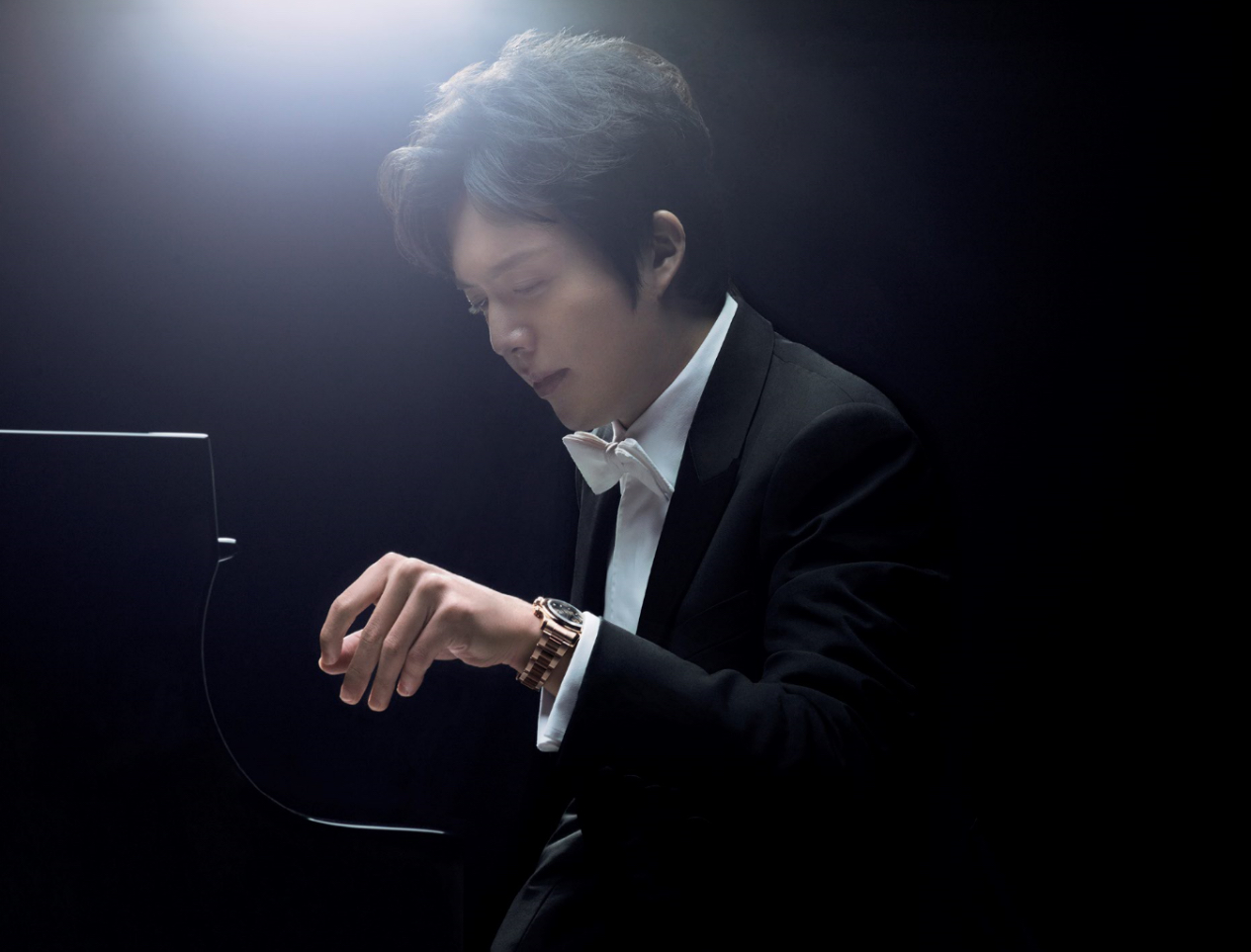Yundi Li’s name will forever be associated with that of Frédéric Chopin. The Chinese pianist shot to almost rock-star level fame in the year 2000 when he became the youngest ever winner of the International Chopin Piano Competition in Warsaw, at the age of 18 – and he would return as a member of the jury in 2015.
“In others’ eyes, the music of Chopin made me famous,” Li told Limelight via email ahead of his Australian tour. “All of a sudden, my name appeared everywhere in the press. Everybody knew me. That felt so different.”
 Yundi Li. Photo: supplied
Yundi Li. Photo: supplied
Such fame is often a double-edged sword, but looking back, Li sees a pianist who was clear-eyed about the challenges. “It did give me a great help in my career but I knew I couldn’t rely on that forever,” he says. “So I kept challenging myself and held more concerts, to give better performances.”
Chopin, however, has been a constant. “Chopin has always been my love,” Li says. “His pieces are all beautiful and poetic and I feel so connected whenever I play them.”
“I like his devotion to piano music. He is different from Beethoven and others, who also created symphonies,” Li explains. “Chopin is the only composer who focuses on piano music. He worked for the piano all his life, leaving more than 200 piano works. Chopin’s works are full of poetry, but also have a strong patriotic spirit. I can particularly feel the beauty and artistic conception of Chopin’s music.”
“But I still try to get in touch with other styles and new performances,” says Li, who – among other non-Chopin releases – recorded a very well-received disc of Prokofiev and Ravel with the Berlin Philharmonic and Seiji Ozawa in 2008. He’s also excited about future opportunities and challenges. “I don’t want to be limited to Chopin, but also to represent my own culture, so I play a lot of traditional Chinese classical music as well,” he says.
Ultimately, though, it’s about the listeners. “I care about my audiences more than the other composers,” he explains. “It’s rather important for me to pass the feeling to audiences and let them know my understanding.”
On his Australian tour, Li will play both Chopin’s First and Second Piano Concertos with local orchestras. Almost two decades on from the performance of Chopin’s First Piano Concerto that won Li the competition, how has his approach to Chopin’s Concertos evolved? “I try to follow my heart and find the true me,” he says. “The classical music environment presents a wonderful opportunity for me to grow and to generate new ideas. I approach things with an optimism that is unburdened by historical limitation.”
“I try to build my own understanding when performing Chopin, based on my cultural background, education, and world view,” Li says. “I have to say, they have become part of my life so deeply as a habit and lifestyle.”
Though the two concertos were premiered less than a year apart in 1930, they are quite distinct (the concerto that was published as No 2 was written first, in 1829). “Chopin’s Piano Concerto No 1 is more mature than the Second, with more gorgeous techniques and more perfect effects,” Li says. “The first movement has a vivid and prominent image, contrast and symphonic dynamic development. In terms of emotional expression, Chopin’s Piano Concerto No 2 is more direct and pure in its romantic fantasy. This concerto expresses the vigour of youth and the longing for love in vain. There is no tragic experience unique to the composer’s later works.”
On his upcoming concerts in Australia Li plans a different approach, however. “This time I am trying a new way of performing Chopin – playing the piano and conducting the orchestra myself,” he says. “The good thing about conducting it myself is that I can fully follow my own interpretation”.
Does Li have any habits or rituals he goes through before a performance? “I practice every day before the performance for the best result. There is no shortcut to perfection,” he says. “Usually, I don’t have dinner or anything heavy before my show, in order to stay at my peak because I might get sleepy after eating.
That’s not to say Li lives an entirely ascetic existence. “I love chocolate as a supplement before my show,” he admits.
As for unwinding after a performance, it depends how soon the next one is coming. “If I have another performance the next day, I might just stay in my hotel and try to get as much rest as possible,” Li says. “I will also go jogging and have a work out when I’m free.”
When he’s in the moment and performing on stage, however, Li’s main thoughts are of gratitude. “I always think that I have been blessed to perform these works,” he says. “They were not part of the plan, but were gifts by God.”
Yundi Li performs at the Palais Theatre in Melbourne on November 3 and at the Sydney Opera House November 5 – 6

















Comments
Log in to join the conversation.